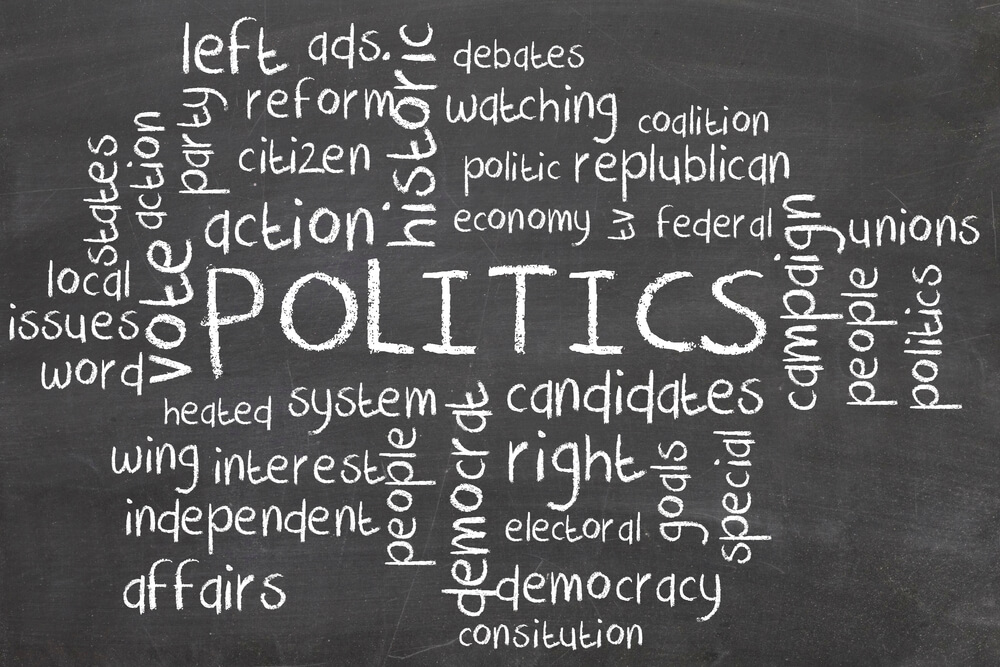Earlier this week, Twitter CEO Jack Dorsey said the social media giant would not allow political ads on its service, citing a need to stem the tide of election-based advertising containing false information.
Dorsey made the announcement in a long thread of tweets on Wednesday, beginning here:
We’ve made the decision to stop all political advertising on Twitter globally. We believe political message reach should be earned, not bought. Why? A few reasons…🧵
— jack 🌍🌏🌎 (@jack) October 30, 2019
“Internet political ads present entirely new challenges to civic discourse: machine learning-based optimization of messaging and micro-targeting, unchecked misleading information and deep fakes,” Dorsey wrote. “All at increasing velocity, sophistication and overwhelming scale.
“These challenges will affect ALL internet communication, not just political ads. Best to focus our efforts on the root problems, without the additional burden and complexity taking money brings. Trying to fix both means fixing neither well, and harms our credibility.”
And, really, Twitter (NYSE: TWTR) stands to lose nothing and gain quite a bit as far as public sentiment vs. revenue hit.
Consider less than $3 million was spent on political ads on Twitter during the 2018 midterm elections, according to Twitter’s CFO Ned Segal.
Only Democratic presidential candidates Beto O’Rourke and Kamala Harris have spent more than $1 million on Twitter ads since May 2018.
Banning political advertising isn’t nearly the risk people may think because $3 million is a drop in the bucket.
In a sense, Dorsey and Twitter took the path of least resistance by just banning everything instead of meticulously trying to examine every tweet for a case-by-case decision.
Facebook (NASDAQ: FB), on the other hand, has decided politicians have carte blanche to say just about whatever they want in a political ad … true, or otherwise.
Instead, Facebook’s new political ad policy means politicians can target their ads to the audience they want and say what they want, with no recourse from Facebook.
All of this brings about an interesting problem facing the span of the internet: How do you police things that aren’t real, inappropriate to audiences or just plain unscrupulous?
And, is Facebook right to rely on the judgment of the American populous to determine what is real and what isn’t? Or, is Twitter right to suggest that judgment can’t be trusted?
I’d like to think we are smart enough to figure out what’s real and what isn’t, but with today’s political discourse being outright nasty and even taking a violent turn at times, my thoughts are probably ill-placed.
But, I also want to go through a campaign season without hearing the political blathering of a candidate every 30 seconds and at every turn. It seems no place is safe from these ads, which range from glorified puff pieces to downright nasty hit jobs.
There’s the argument that Twitter could violate free speech by not allowing it. That is incorrect. By not targeting specific individuals and by applying its policy broadly, it’s not a violation.
Also, we can’t forget about what the bottom line of all this is: money.
Twitter doesn’t make money in this space so it really doesn’t matter to them, fiscally, to close the channel to that mode of political communication.
Conversely, Facebook does make money off political ads — a lot of it. President Donald Trump’s campaign for re-election and his backers have spent more than $10 million on Facebook ads since May 2018, according to Reuters — that’s more than double any Democratic candidate.
One more factor to consider: traditional media.
Newspapers, radio and television stations look at political advertising as a huge cash cow. With Facebook’s revised policy, this can cut into that pie substantially.
But, never fear, we will soon be inundated with political advertising at every turn in the coming months as the 2020 presidential campaign starts to ramp up on both sides.
We’ll see it everywhere … except Twitter.
And I don’t think that’s a bad thing.
